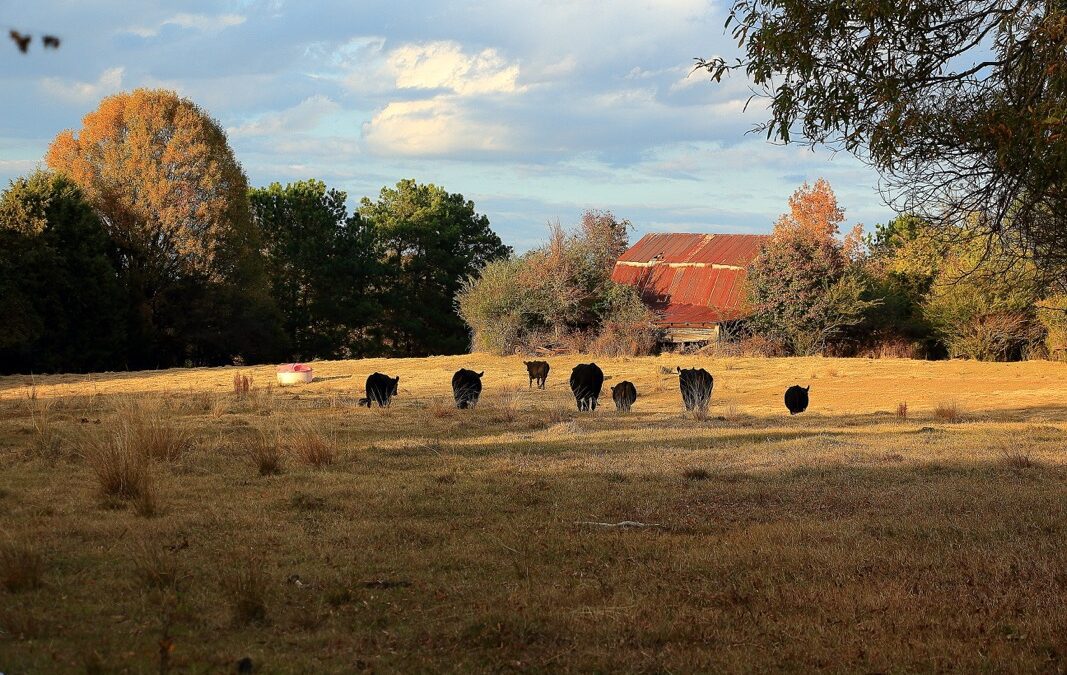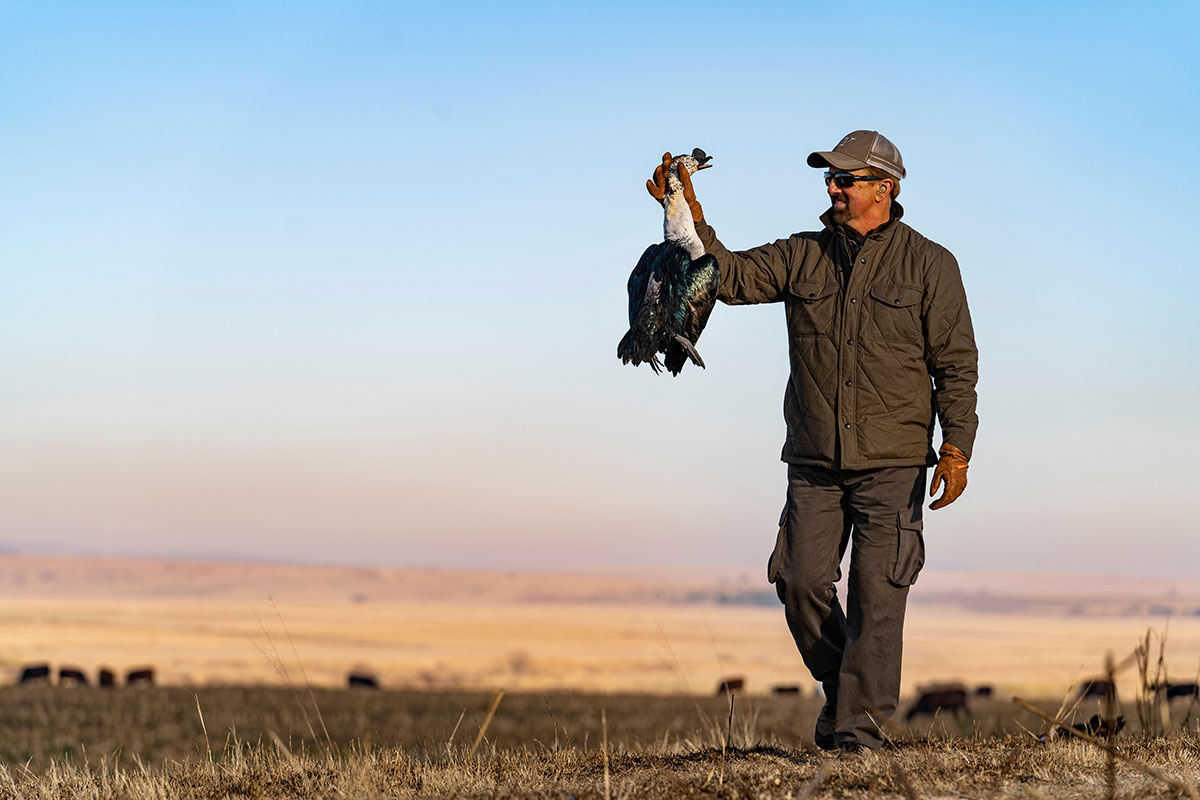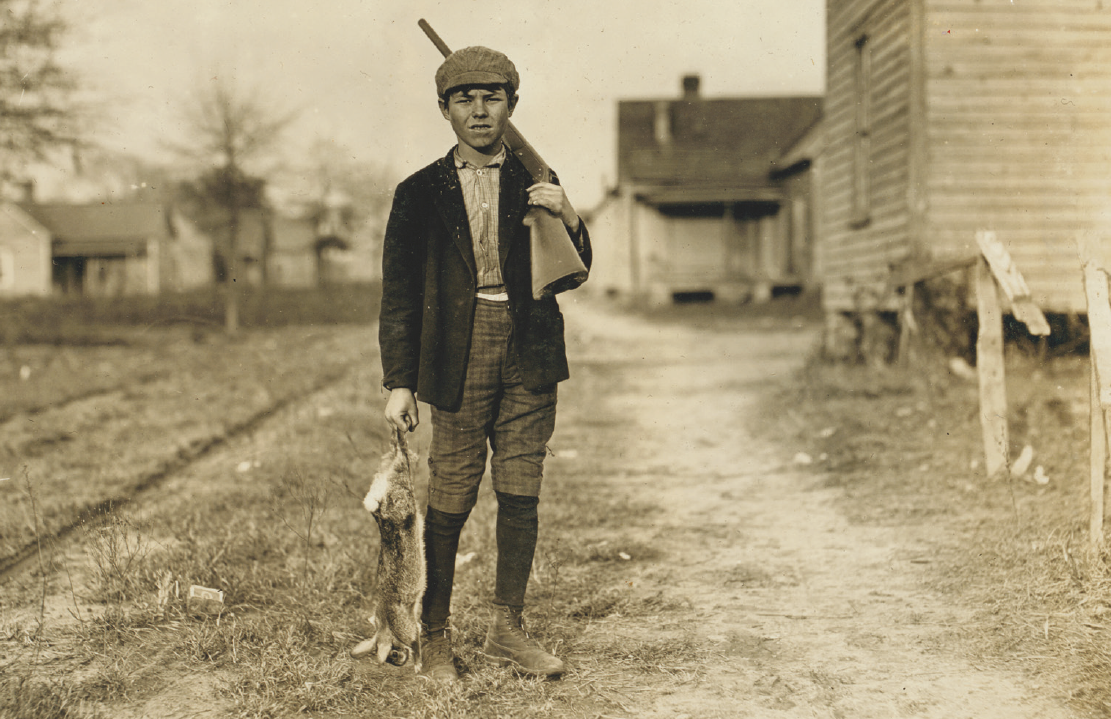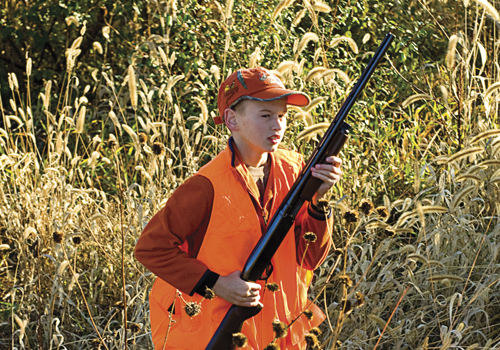“When you have shot one bird flying, you have shot all birds flying. They are all different and they fly in different ways but the sensation is the same and the last one is as good as the first.”
Before I was old enough to own a gun, wild game came to me via a boyhood wonder. Dad built a rectangular wooden box and drilled holes in its top. To it he attached two sticks, string and a trap door. Voila! The legendary rabbit box.
I’d set that box near woods and bait it with carrots. I caught cottontails and sold ’em for fifty cents. No doubt illegal, but I knew nothing about laws and wildlife then, though I wanted to. I was eager to be an outdoorsman. I craved the joy of bagging a bird on the wing. It could have been a dove or quail, but I preferred the bobwhite. Growing up, two cheap paintings-by-numbers hung in our home. A pointer and Irish setter each worked a field. How often I looked at those paintings and imagined a covey rise.
“When you have shot one bird flying, you have shot all birds flying. They are all different and they fly in different ways but the sensation is the same and the last one is as good as the first.” Hemingway wrote that and I was eager to experience the sensation of my first bird on the wing.
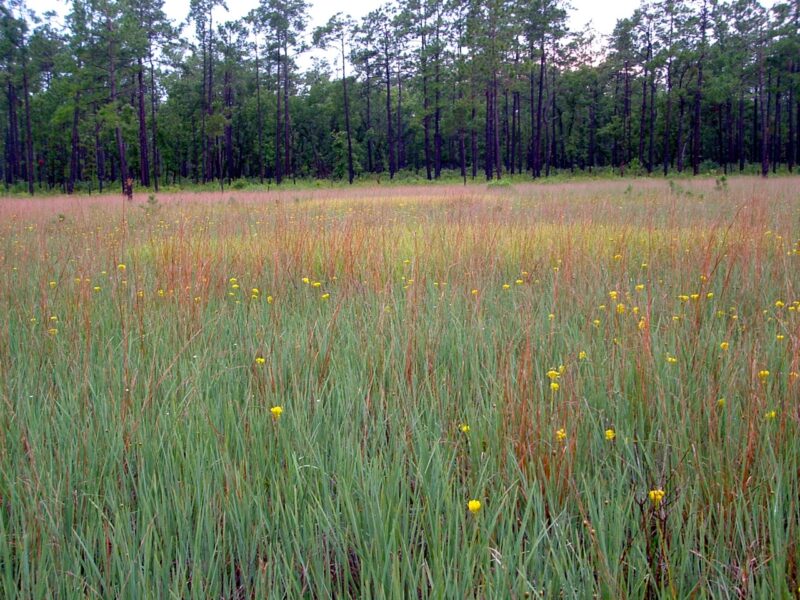 When I was old enough to act with good sense, my parents gave me a Mossberg, bolt-action shotgun one Christmas, a .410. The fine-grained wood glistened. The blue barrel felt as solid as Stone Mountain. The slim shells fit perfectly in my hand.
When I was old enough to act with good sense, my parents gave me a Mossberg, bolt-action shotgun one Christmas, a .410. The fine-grained wood glistened. The blue barrel felt as solid as Stone Mountain. The slim shells fit perfectly in my hand.
Deep in my treasure chest of memories glimmers a golden fall afternoon, early 1960s. I didn’t get to bring my Mossberg for good reasons but my exposure to wing shooting came that day on Granddad’s farm. In the west, a tincture of gold overlay a blood-red horizon. Before me walked my granddad, uncle, and a family friend. A shotgun rested over each man’s shoulder. Cold. Their breath hung in the air like smoke.
Wearing canvas jackets, the men trailed pointers working a broomstraw field. The dogs edged forward, then froze. The covey exploded and brass and cherry-red shells flashed in the gloaming. The dogs fetched two quail and the men complimented them on their fine work. It was a good day for quail hunting and at day’s end the dogs led us past the old barn and cattle to the farmhouse whose brick chimney sent a fragrant plume of smoke into the sky.
I shared that fine sensation Hemingway described each time the men bagged a bird. I can’t let go of the vivid memory of that afternoon. I won’t let go of it. On Granddad’s farm I first heard the sweet, pure call of the bobwhite. I heard it year after year until I moved away. Adulthood took its toll and I became a writer who wrote a book about Carolina bays, those elliptical, mysterious strongholds of wildlife habitat.
In a wild Carolina bay your senses go on high alert. So much to see. So much to hear. In every bay I explored I heard the bobwhite’s dulcet call – telling me something about loss of habitat. And those lilting whistles, the purest tone you’ll hear. They sweetened the air and resurrected memories of Granddad’s farm where I first saw men shoot birds flying. Hemingway was right. For me, at least, the last bird was as good as the first, though not once did I pull a trigger.

